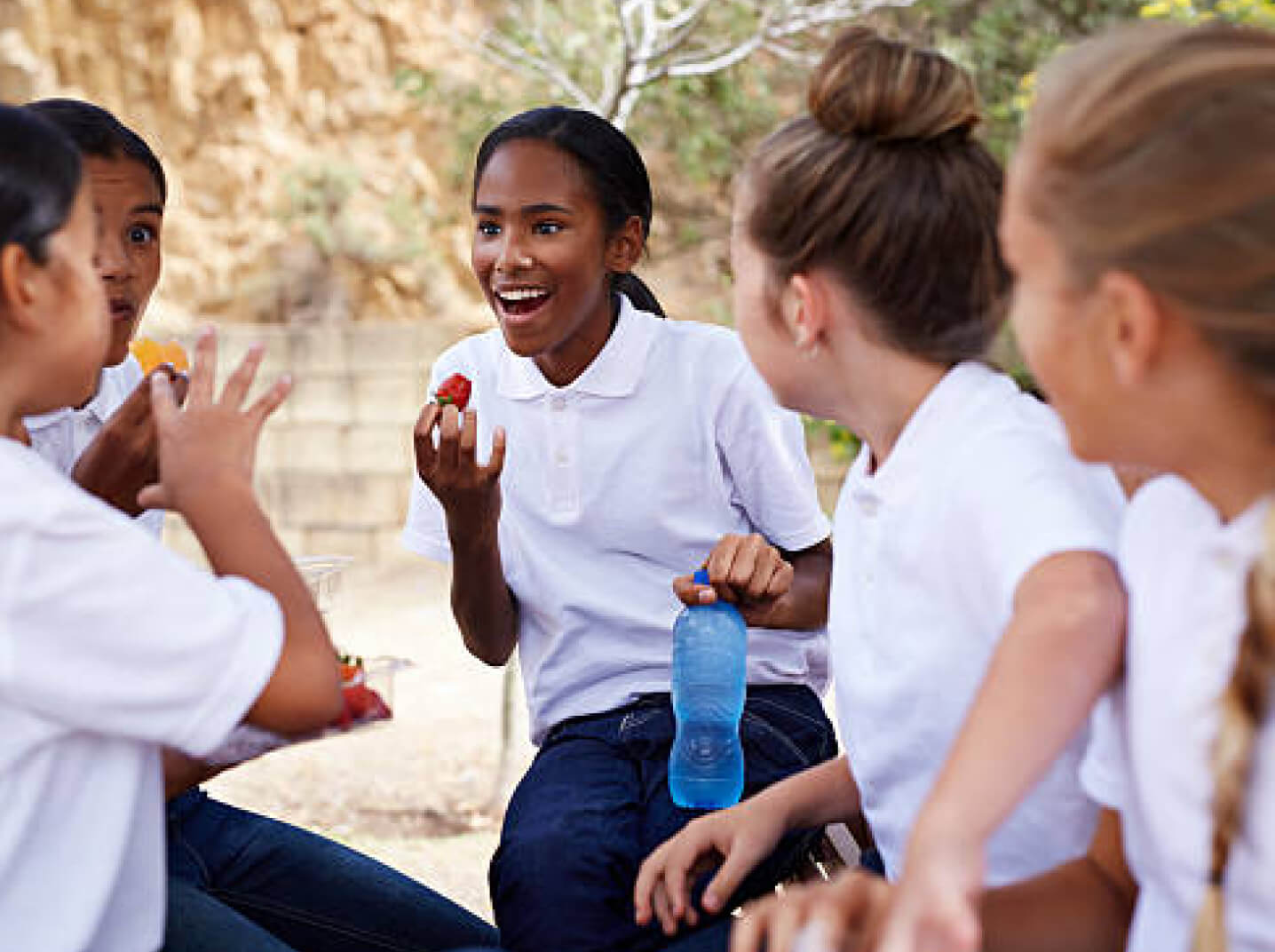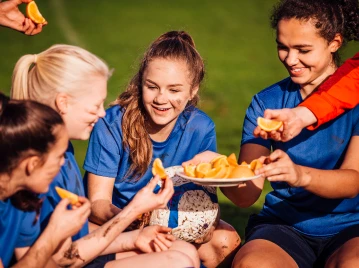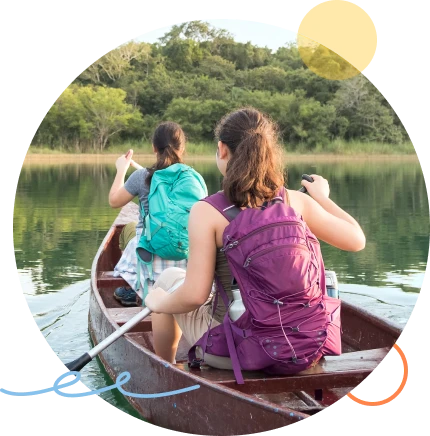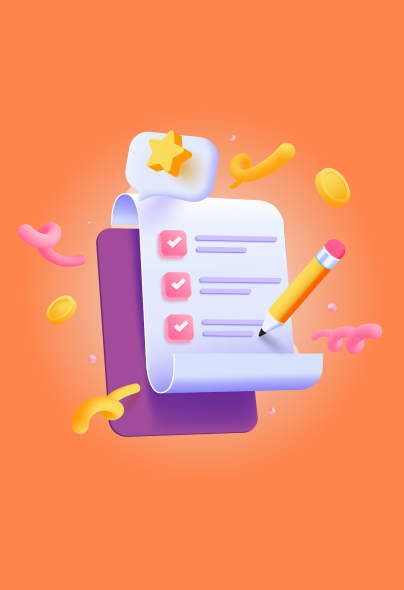The NDSS is administered by Diabetes Australia
- /
- School life
Having diabetes doesn’t mean you can’t enjoy school life. Things like sports, break times, school camps, and exams can all be managed.
Here are some useful tips from other young people with type 1 diabetes.

It’s important to tell your teachers that you have diabetes.
They can help you look after your diabetes at school and understand about special times you have to eat, check blood glucose levels, or take insulin.
When the time comes, they can also help with exams and school trips. Your parents and diabetes health professionals can all help your teachers learn about type 1 diabetes. If they don’t know already, let your school know about the Diabetes in Schools program. It’s a great resource that provides training and resources for teachers and school staff.
Some people like to share their story with everyone, while others tell only a few close friends.
Good friends can watch out for you and learn what to do if you have a low blood glucose level (hypoglycaemia or hypo for short).
Sometimes, it can be tough to share with your classmates that you have diabetes. You might wonder who to tell and what to say or worry what they may think.
But it’s more than likely your friends will just want to know how you’re doing, and that you’re okay. Especially if you’ve been sick or in the hospital, or if you’re newly diagnosed. Imagine if the shoe were on the other foot – you’d want to know if your friend had diabetes. You’d likely want to help them if they needed it, because that’s what friends do – they care for each other.
Your friends might not know much about diabetes and may want to find out more about it. So, share some basic facts about type 1 diabetes with them.

Everyone should feel happy and safe at school. But your routine might need to be a bit different from your classmates.
You might need to eat, check blood glucose levels, or take insulin at different times during the day.


These days can affect your blood glucose levels. You might need to make changes to your insulin or to the carbohydrates (carbs) you eat and drink. Don’t forget to take your blood glucose meter, plenty of carb foods and a full hypo kit. Talk to your diabetes health professionals for advice and check out more information about sport and physical activities.

You can enjoy school camp activities even with diabetes. Like a lot of things with diabetes, there needs to be some extra planning and communication.
If you’re going to camp, it’s best if you can take care of your diabetes. To check if you can do this, have a look at the below list.
Can you:
Your diabetes health professionals can work with you to help you learn more about how to best take care of your diabetes. Teachers and other school staff going to camp should be trained in how to best support you to manage your diabetes and understand your specific diabetes management needs.
If they don’t know already, let your school know about the Diabetes in Schools program. It’s a great resource that provides training for teachers and staff.
Students with type 1 diabetes do better in tests and exams when their diabetes is well managed. High or low blood glucose levels can affect your concentration and your marks.
Most states and territories have set allowances or provisions for big exams. This is to help students manage their diabetes, especially for big exams. Schools should let you and your parents know about these and how to apply for them before the exams. It’s best to apply in plenty of time so everything is organised before the exam period. For further information about your rights during exams, check out your state or territory education website.
Allowing you to check your blood glucose level before and during exams
Allowing you to go to the bathroom when you need to during exams
Rescheduling tests or giving extra time for rest breaks during the exam if your blood glucose level is too low or high
Telling you about any additional support available before exams
Letting you bring carb drinks and snacks, blood glucose monitoring equipment, and insulin supplies to exams if needed
Letting you use a mobile phone if you are using a continuous or flash glucose monitoring to check your glucose levels

Make a list with your parents and school and check it off to make sure you have everything you need to manage your diabetes at camp.
Make sure your teachers know about your diabetes. Your family and teachers can work together to make a diabetes management plan to prepare for anything that might happen at camp.
This includes how different camp activities may affect blood glucose levels and insulin, checking blood glucose levels at night, planning meals and emergency contacts.
Check that your diabetes management plan is attached to the camp management plan.
Make sure both plans have instructions for dealing with hypos and high blood glucose (hyperglycaemia). Take your hypo kit and your sick day kit with you to camp. Remember to check that your sick day kit is up-to-date and make sure you have glucagon in your hypo kit.
The camps are a lot of fun!
They are all about building confidence and friendships while learning more about diabetes.
The camps are divided into three age groups and are available in many places across the country.

Kyeisha, Junior Camp 2019
Parent, Transition Camp 2019
There are lots of things people say about type 1 diabetes that aren’t true.
Let’s see how much your family, friends or classmates know about it!
This information is intended as a guide only. It should not replace individual medical advice. If you have any concerns about your health, or further questions, you should contact your health professional.


Time is Up!

Time's up